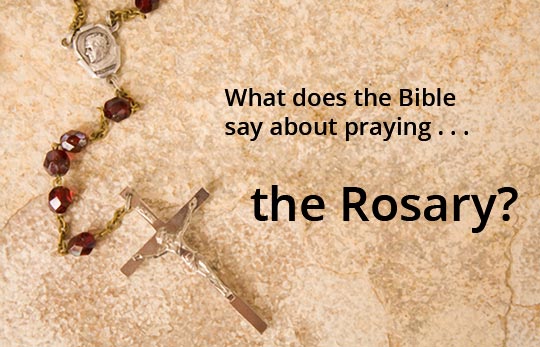Meriweather
Not all who wander are lost
- Oct 21, 2014
- 17,232
- 3,547
- 165
I feel the same appreciation about these discussions. There are so many perspectives and all worthy of attention.Meri, I appreciate being able to debate these issues with you without personal affronts and indignant character assassinations. It is as it should be.

